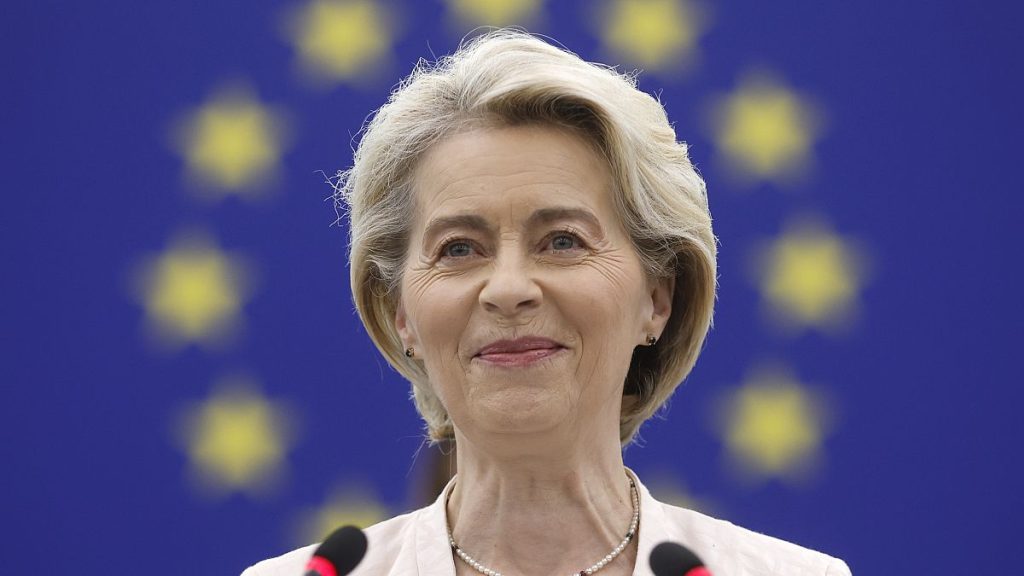Ursula von der Leyen, the President of the European Commission, is currently engaged in negotiations to select her new College of Commissioners, with economic portfolios being highly sought after by various European Union member states. Countries such as Italy, the Netherlands, Finland, Czechia, and Romania are all vying for portfolios, especially the one related to the budget. France is also in contention for a strong portfolio with the nomination of Thierry Breton. These portfolios are crucial as they will determine the priorities for the EU in the upcoming years. Additionally, new portfolios like defence, the Mediterranean, and housing will also have dedicated commissioners for the first time, adding to the complexity of the negotiations.
In the process of selecting her team, Ursula von der Leyen will need to consider various factors including political party affiliations as well as gender balance. She will have to appoint executive vice-presidents and ensure representation from different parties in the European Parliament. Furthermore, the gender issue is important, with von der Leyen pushing for gender balance as seen in her first college achieving gender parity. However, fewer than 10 women have been nominated so far, which may pose a challenge in achieving a balanced team. The use of gender balance as a negotiating tactic with member states could prove crucial in the final selection of portfolios.
Italy, as the EU’s third-largest economy, has yet to officially nominate a candidate, making it one of the most anticipated announcements in Brussels. The political landscape in Italy, with the ruling party abstaining during the European Council vote to renew von der Leyen’s leadership, adds to the uncertainty surrounding which portfolio Italy will receive. The issue of gender is also significant in the nomination process, with some countries facing internal procedures that require agreement from various bodies before a candidate can be officially nominated. These complexities make the process of selecting the new College of Commissioners a challenging and intricate task for von der Leyen.
Once all the candidates are nominated by the member states, Ursula von der Leyen will conduct individual interviews and present the final selection to the European Parliament for approval. If any candidates are rejected during the hearing process, new names must be presented until the entire team is approved in a plenary session. This thorough selection process ensures that each member of the College of Commissioners is scrutinized and endorsed by the European Parliament. The upcoming negotiations for the new College of Commissioners will be crucial in shaping the priorities and direction of the European Union in the years to come, with economic portfolios and gender balance playing significant roles in the selection process.
In conclusion, the selection of the new College of Commissioners by Ursula von der Leyen is a complex and challenging process. With various member states vying for coveted portfolios, negotiations are underway to secure key positions within the European Commission. Factors like political party affiliations and gender balance will play crucial roles in determining the final composition of the college. The ongoing discussions and nominations will ultimately shape the priorities and direction of the European Union in the upcoming years, making the selection process of utmost importance. The final selection and approval by the European Parliament will ensure that the new College of Commissioners is well-equipped to address the current issues facing the EU and work towards fulfilling its goals and objectives.


